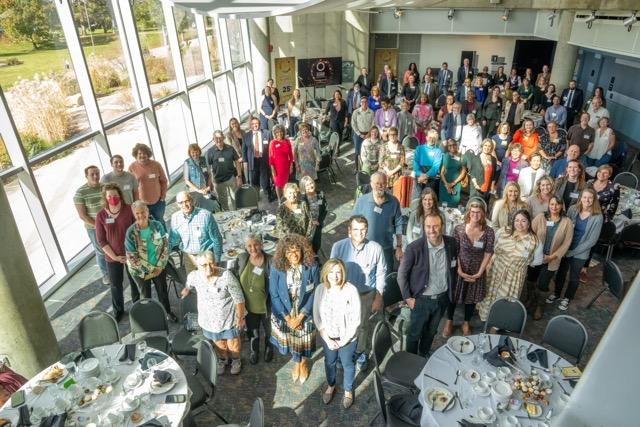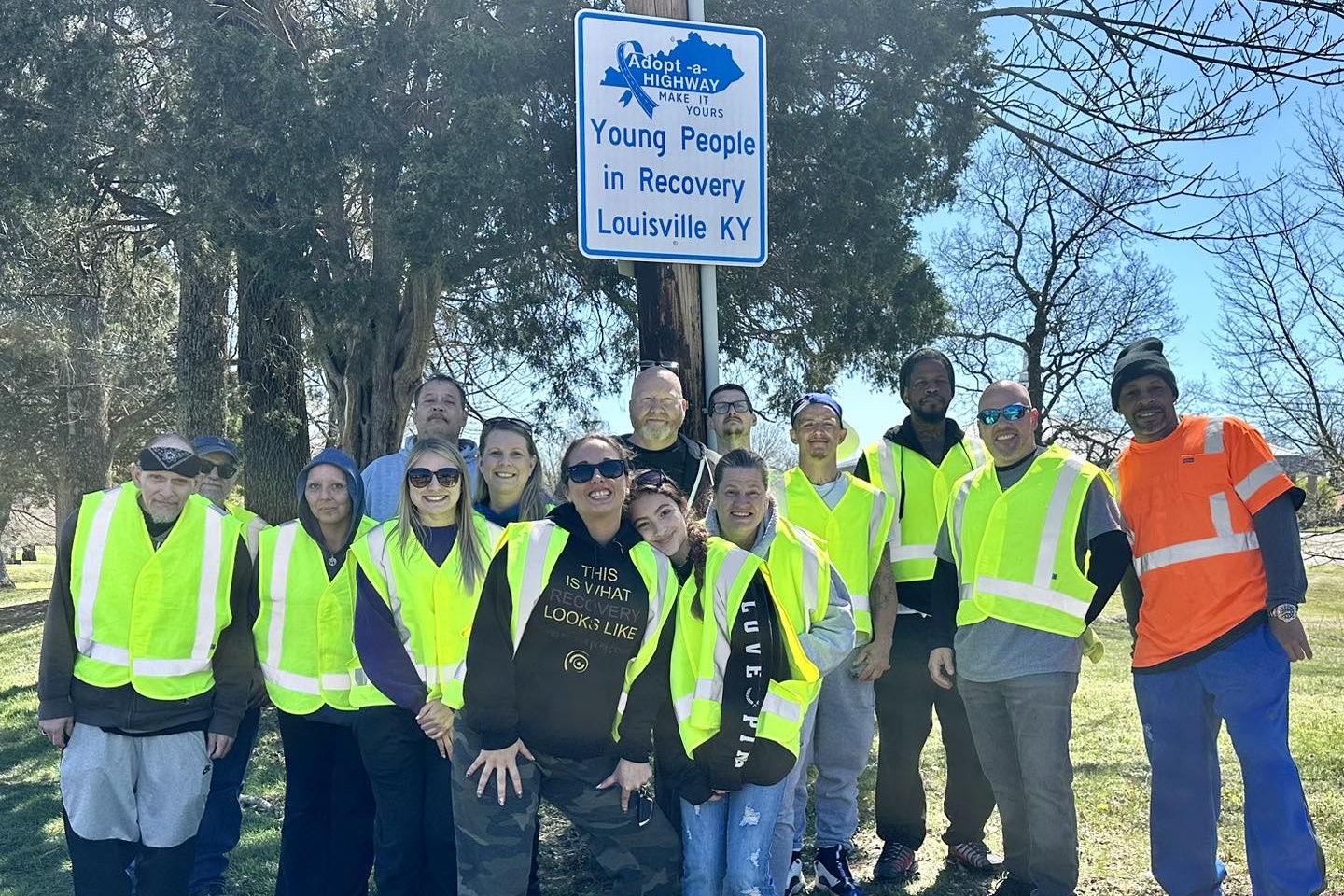
Call it poverty's "glass ceiling."
The way many public benefit programs are structured, even minor increases in income can result in a big loss in assistance. That's sometimes so large a loss that it can send families tumbling backwards just when they thought they were finally getting ahead.
Longmont resident Tracey Jones knows all about the phenomenon, often called the "cliff effect." She's been living at its edge for several years now.
In the past few years, she's moved from unemployment to a rewarding full-time job as a certified nursing assistant for a hospice program. But in some ways she's lost as much as she's gained. Food stamps, for one thing. When she started making too much to qualify, Jones had to turn to food banks. And she took up gardening, "to take a little bit of the edge off my food insecurity."
As her income has risen, Jones has lost other benefits too. Her big worry currently is Medicaid. She went through a major surgery a few months ago, and in the weeks leading up to it kept getting conflicting letters about whether or not she was still covered.
"I got three notices in one week," Jones said. "'Oh, you have insurance, yay!' Two days later: 'You do not have insurance.' Then the end of the week: 'You need to fill out this paper for your insurance.' I don’t know. At this point, I’m just praying it all works out."
This uncertainty has permeated her life for years -- it's the dark side to her improving income.
"It doesn't make sense to me. It’s kind of like you get punished for trying to get out of poverty," Jones said.
Programs Offer Perverse Incentives
The cliff effect stems from the fact that most government assistance programs have hard and fast income limits: start making even a little more than the cut-off and a person stands to immediately lose a lot of benefits.
Jessica Valand oversees job training programs through Colorado's Department of Human Resources. The way she sees it, both policy makers and the poor themselves value work over assistance, but the way the system is set up, it ends up encouraging the exact opposite.
"If someone wants to give me a dollar raise, or even a $2-an-hour raise, but I know that that $2-an-hour raise is not going to make up for the $1,500 in child care subsidy I'm going to lose, what is my incentive to keep going?" Valand said.
Many don't keep going. When the Women's Foundation of Colorado and the Bell Policy Center asked focus groups of poor single mothers whether they'd ever turned down a raise or extra hours at work because they were afraid of losing their benefits, about a third said yes.
"In any given month, a woman may need to monitor very closely the hours she's working to make sure she's always maintaining her eligibility," says the Foundation's Louise Myrland. The group considers the cliff effect a women's issue because the impacts often fall most heavily on working mothers and their children.
Official concern about the cliff effect has picked up steam in recent years, as data has shown that despite the improving economy, many working poor appear to be stuck relying on public benefits.
"It's like, how did we get people this far, and they can't get to the next step?" said Jefferson County Human Services Director Lynn Johnson.
But while there may be increasing agreement that the cliff effect is a problem, the solution won't come cheap. In order to taper higher income people off of benefits more gently, the government will either have to increase overall funding for programs, or put more limits on the total number of people they can serve.
"Are we here to be just the safety net, the handout? Or is it a handout and up and off?" asks Johnson, who thinks easing the fiscal cliff would save money in the long term. "The more successful people are moving out of our system, the more money we should have to invest."
Jefferson County is one of 10 counties taking part in a new state experiment to try to fix the fiscal cliff in one big program: child care assistance. Instead losing their entire subsidy when they hit a hard and fast income limit, families in these counties just have to pay a slowlyincreasing chunk of their daycare costs out of pocket. Bell Policy's Rich Jones lobbied the Legislature to invest in this pilot effort. He said the idea is to turn the benefits cliff into more of a gentle slope.
"As you move further up the economic ladders, you still get some support, but you get a lot less. And then you gradually work your way off," Jones explains.
The child care assistance pilot only started over the summer, but anecdotal reports suggest it's so far succeeding in its goal of allowing families to earn more money without worrying they're about to be crushed by a giant new daycare bill.
Two Families Stuck On The Cliff
Nicole Davis found out about the cliff effect the hard way. Nearly a decade ago the preschool teacher and her husband George, who worked in manufacturing, made getting off of all public assistance their goal. They succeeded, but that success almost destroyed their family.
"A lot of times we would have time to decide which bills that we wanted to pay. And sometimes it would mean that George or I would go without meals," said Davis, recalling life without any government benefits. "When we realized we weren't brining in enough money to pay rent ... we went to the church for help and they basically said, 'you need to get on assistance!'"
Instead, Davis and her young children ended up homeless. It took years for the family to work their way back to stability.
Today, the Wheat Ridge resident says she's stopped even thinking about trying to make it to self-sufficiency. The cliff is just too daunting.
"I am intrigued myself by the fact that our family tried to get off of all the services and all the things that happened when we were getting off," she said. "I’m surprised by what happened."
For another Wheat Ridge mother, Sheila Lucero, the benefits cliff has turned life into a balancing act.
After struggling through the Great Recession, things have been looking up for the Lucero's; Sheila's husband Ian is an HVAC contractor and the housing boom means lots of work. But they've been making sure his income stays low enough to keep qualifying the family for Medicaid.
Lucero believes in small government; it's painful to her to rely on taxpayer money. But she puts up with it for her children's sake.
"You know, we’re not proud of being in this situation, but we definitely need our kids to have their check-ups and stuff," Lucero said. "The cliff effect just puts people back where they were, or in a worse position, and it makes them not want to try,"
This story is part of our ongoing exploration of Colorado kids who are living in poverty, how it affects their lives and our common future. We'd like to hear your ideas about what can be done about child poverty in Colorado. Share your thoughts through our Public Insight Network or comment below.









